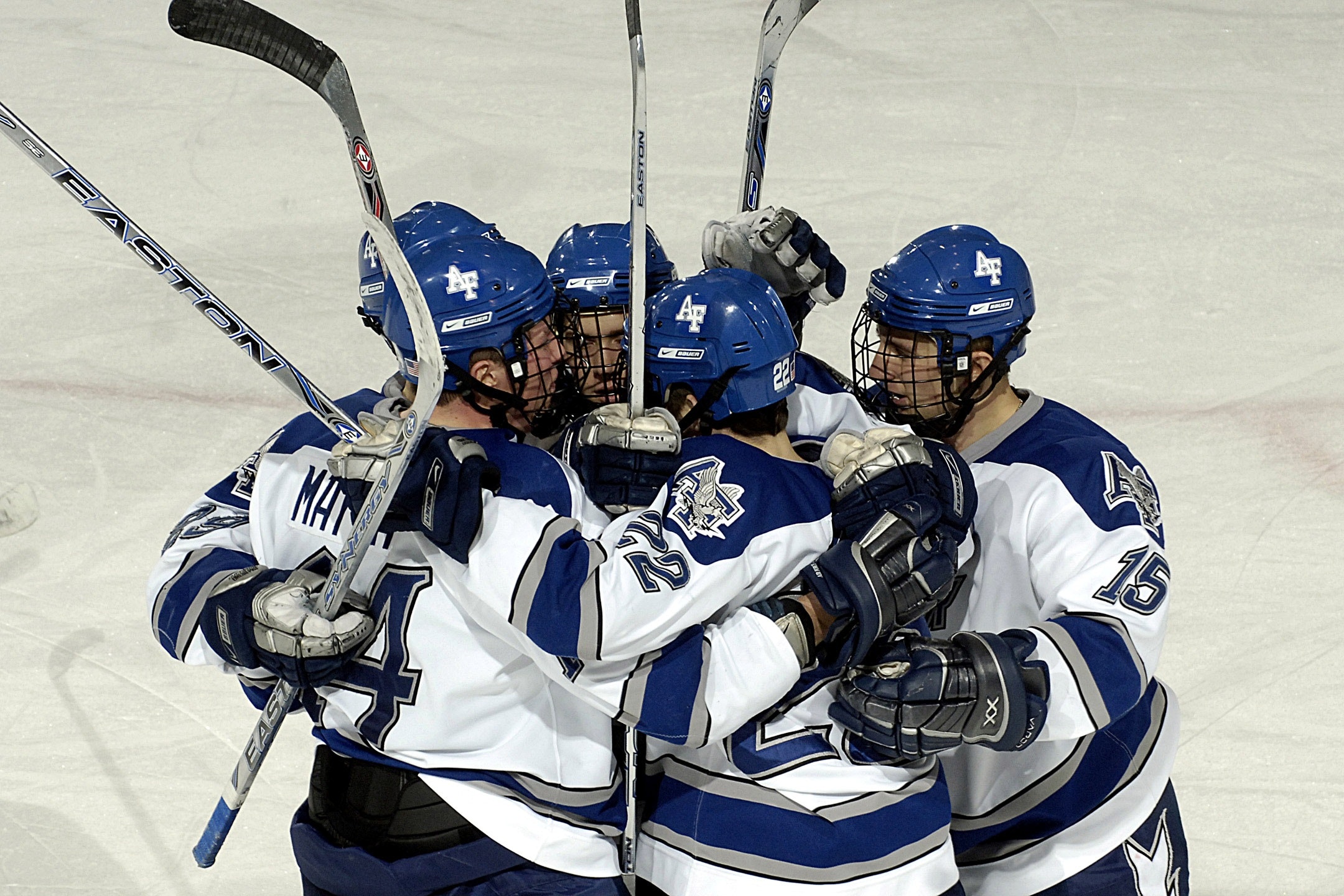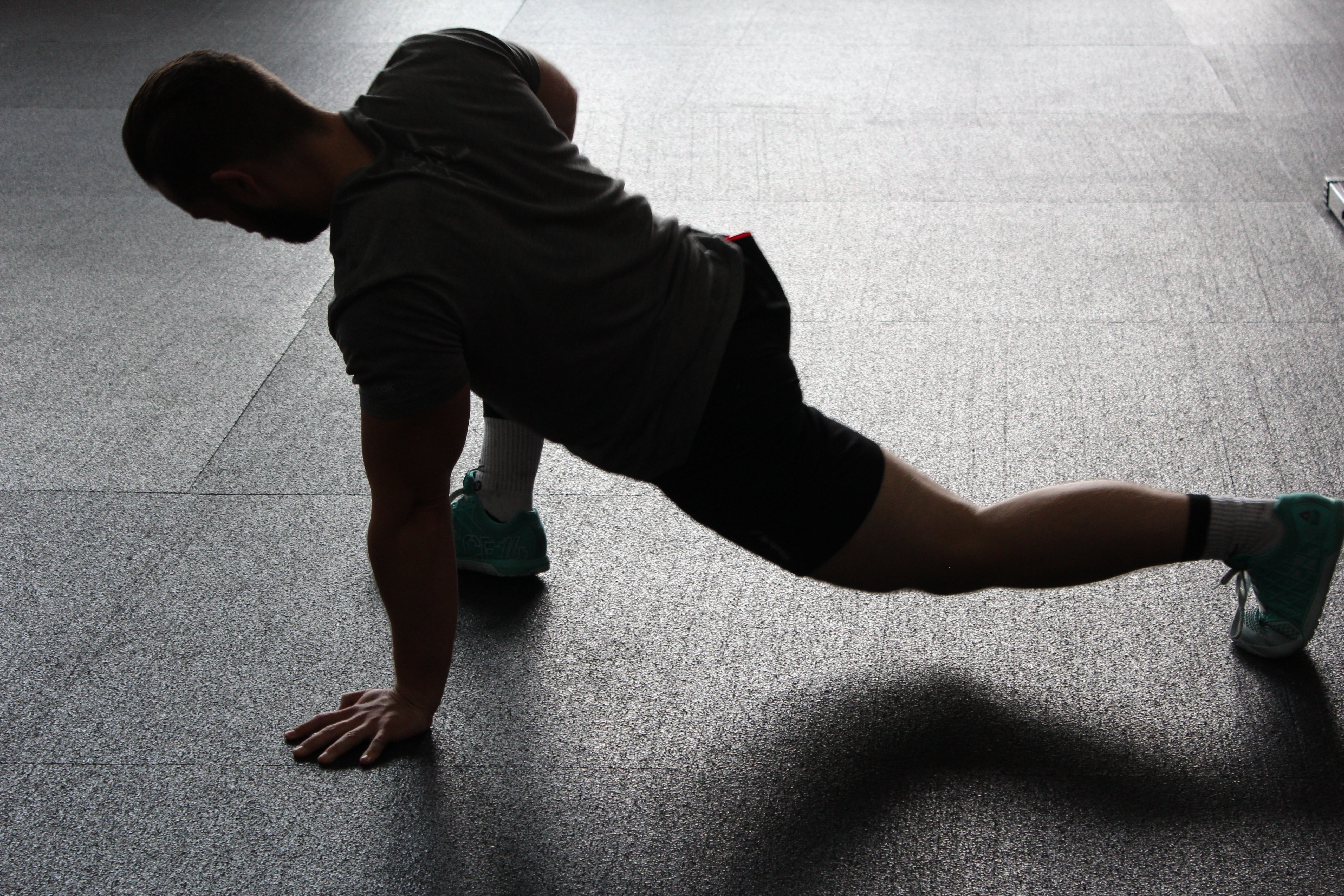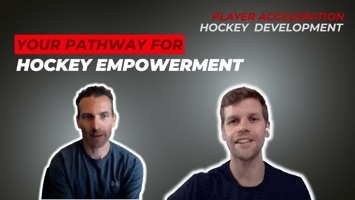The only constant in our universe is change. Everything is always changing. Birth, life, death, and...
What To Look For In A Hockey Training Program
There are so many hockey camps and training programs available that it can be a challenge to choose which program is best for you. Deciding on the cost of the program versus the value a player will get out of it can be difficult to figure out.
Our world is shifting and changing at rapid velocity. This change can mean that we are reshaping our priorities and what matters most in today's world. Therefore hockey programs must change and evolve with the world.
This article will identify some key components often overlooked when searching for a training program. Below are some suggestions and tips on what to look for.
1. Teamwork - Developing young hockey players need support from their coaches, parents and trainers. Without it, players won't attain their dreams and aspirations. Quite often parents will have a different view on how coaches should coach. In addition, coaches may not listen to parents' or players' feedback. It could also be that the player
isn't resonating with the type of support being received by others.
This happens many times in the hockey world where everyone is trying to give their best with support but it usually aligns with their own interests. A good training program aligns and coordinates coaches, parents, and trainers on the same page for the benefit of the hockey player. This is called teamwork and teamwork makes the dream work!
2. Community - Another feature often overlooked in hockey camps and training programs is community. What is meant by community? Community means a sense of belonging. When players develop a sense of belonging to a tribe or a team, they tend to trust their teammates, coaches and trainers more. When players fully trust they are willing to perform their absolute best and give everything they have to improve their community. Name it a friendly competition if you will.

Good training programs create safe spaces for players to interact with coaches so clarity can be gained and goals achieved. Following up with phone calls and checking in on players is essential for keeping them supported, aligned and on track. Staff that care about their players are more likely to have their players succeed not only in hockey
but in life as well. Think of it as family.
3. Accountability - Most camps and programs do provide players with what they want and need for them to achieve short-term results. However, what happens when the program stops? Do players stop practicing just because they are currently not in a hockey camp or training program? Most players do not realize that they rely heavily on the accountability of the program to make them better. So what happens when players travel off on their own to play or try out abroad? Or what happens if parents simply don't have the ability to finance extra skills development and fitness training anymore? What have the players learned from previous programs and more importantly are they
able to apply what they learn on their own?
Searching for a unique program that teaches players how to be accountable for their own training and lifestyle habits is absolutely essential. Why is it essential? Because in the end, it is the player that has to take the necessary steps down the path to improvement. Having a program that tracks progress and allows hockey players to practice in their own free time is essential to self-improvement. Giving one on one coaching and then letting the player go off and practice essential habits on their own allows for mastery and creativity to occur. A good training program will empower players so they can train and practice in their own free time while being guided and corrected through proper education and instruction. Being taught how to take accountability allows players to go beyond what their instructors teach them.
4. Holistic Performance - Have you ever heard the saying, "How you do anything is how you do everything in life!"? In other words, if a player trains smart but eats junk, the body will eventually break down, leading to burnout and injuries which become nagging occurrences in a player's ability to train smart. If a player can't train smart, they can't be
at their best. Do you see how one affects the other?

The most common training for a hockey player is a good workout plan, skills development and lots of on-ice practice and games. This type of training usually only focuses on the body. These programs usually don't address issues like how to eat properly before your hockey game, how to manage stress, how to get out of a slump quicker, how to avoid burnout, how to be a more creative hockey player, how to manage time, and how to deal with pressure situations to name a few.
Don't be mistaken. Programs that focus on traditional training make really good hockey players, but could you imagine how much better they would be if they were able to learn techniques to deal with the pressure of a penalty shot? How to manage their time better to increase productivity not only in hockey but in school as well? Or even how to be
mindful and present so as not to take an unnecessary penalty?
This is where the benefits of holistic performance supplement traditional training methods. It could include areas of training such as mental mindset, meditation, yoga, breathing techniques, nutrition, and healthy lifestyle habits to name a few. Holistic performance helps to align the soul, mind, and body to get the most optimal performance from a player. It's the complete player package!
Bottom Line - If you are looking for the complete player package then look no further. Player Acceleration Hockey has both summer hockey camps and year-round mentorship programs for players interested in becoming a complete player.
Player Acceleration Hockey Development has short and long-term programs available. There are programs for all age
groups and levels of hockey players from beginner, to amateur to pro (male or female). For inquiries or questions, please book an Acceleration Session with Player Acceleration to see whatprogram matches your goals and time commitment.





